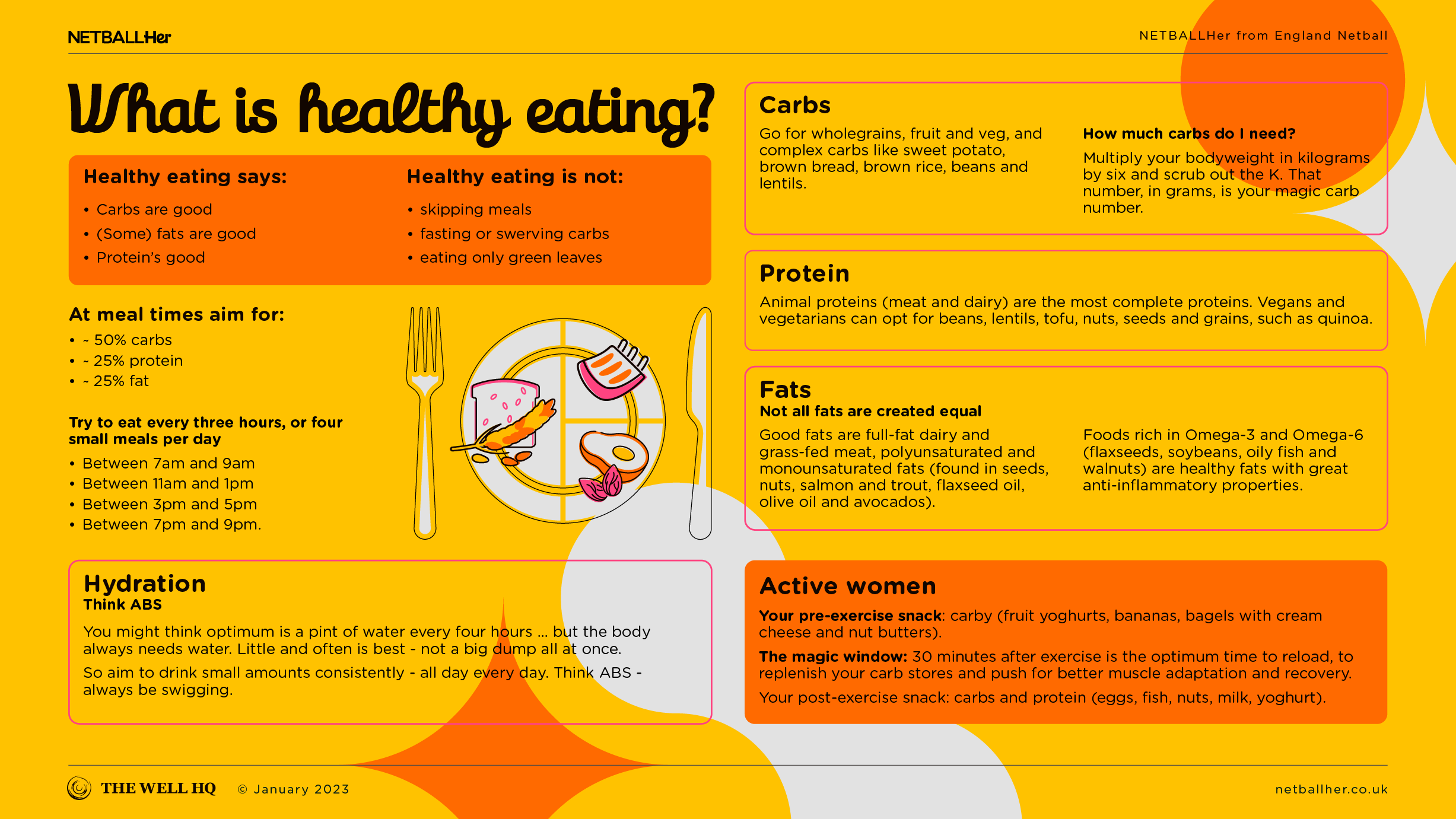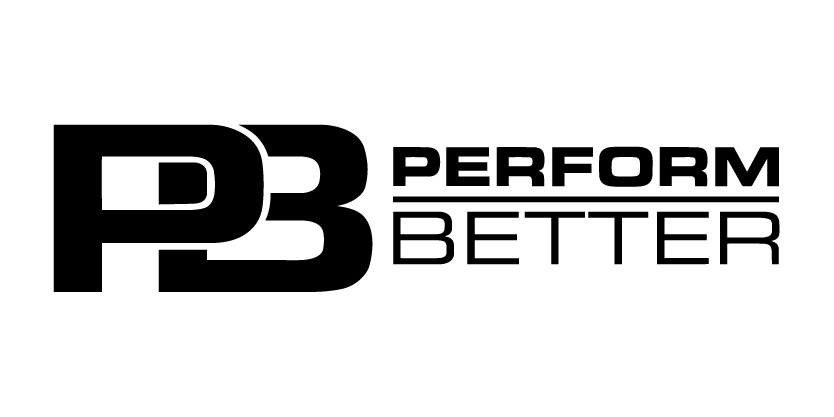Click play for an audio readthrough of this article
It’s a no from us … and the evidence too.
Here’s a statement, and please don’t take offence.
Most women get nutrition wrong.
‘Not me’, you might say. But if you’ve been seduced by intermittent fasting or fasted training, as many of us are, then, yes – you too.
‘But I’ve read the articles and papers and there’s so much good evidence …’
Here’s the rub. Yes, there is some decent evidence for fasted training … but sadly not if you’re female. The evidence that’s out there advocating fasted training stems from research mostly conducted on men. Precious little applies to the female body.
It’s like carb-loading. Intermittent fasting (not eating in patterns such as the 5:2 days diet, or the 16:8 hours diet) and fasted training (missing meals before exercise) can work well for men but (insert sarcastic-brain-explosion emoji here) women aren’t men. So unfortunately it doesn’t follow that women can reap the stated benefits too.
More unfortunately, this same logic applies to many other forms of best-practice touted in sport. What’s taken as read won’t always apply to women if women haven’t participated in the studies that underpin the evidence.
Mind blown?
Wellbeing gurus and fitness ‘experts’ might claim a multitude of wonderful benefits to fasting / fasted training for women, but there’s no robust evidence base to substantiate these claims. Certainly not for non-obese individuals.
Those who continue to champion fasted training appear to be holding on to outdated and outlier evidence; for example one older study found that athletes who trained while fasted for six weeks yielded greater performance (in terms of endurance) versus non-fasted athletes …
Okay. But a meta-analysis – a study of dozens of studies – into fasted training showed the opposite. Studies consistently show that athletes who eat prior to training perform better and longer than fasted athletes.
More than that, recent high-calibre studies note that fasted athletes may experience two times the muscle breakdown of non-fasted athletes. Over time, this is a recipe for decreased muscle mass and ultimately, decreased strength.
There are more drawbacks but we’ll pick them up further down.
Fuelling properly: the new fad sweeping sport …
Step back and it’s not hard to do the maths. Exercise burns fuel, so we need adequate fuel supplies on board before exercise. Otherwise what are we burning?
Fat? Oh truth …
A huge benefit of female physiology is our ability to use fat as fuel. The female body is much better at this than the male body. One of the espoused benefits of fasted training is that you’ll burn more fat … but women do that way more efficiently than men by default. We do it anyway but we need need need carbs on board to facilitate that process.
So please fuel properly before a workout. It’ll sustain your exercise. You’ll perform better for longer and lessen your risk of muscle wear … and the fat’ll still burn off.
With the right stuff on board women’s bodies are smart bits of kit. Eating before activity – it’s almost as if nature intended it that way.
More drawbacks to fasted training
We said we’d pick this back up because the downsides of fasting go pretty long. Above we dwell on its negative impact on performance and muscles, but it can get even more serious.
Training while fasted creates a state of low energy availability but it’s hugely important women consistently have energy available (via carbohydrate) to power our hormone signalling. Ultimately carbs power our menstrual cycle.
Enduring regular periods of low energy availability – whether it’s habitually training while fasted, or intermittent fasting – may interrupt your normal hormone function. It can cause menstrual dysfunction. If having messed up periods isn’t bad enough, squiffy hormones can also impact your overall health, mood, resilience … not to mention your ability to train.
Hang on, it can make me fatter?
Fraid so. In women, one of the knock-on effects of fasting is an increase in the stress hormone, cortisol. If you don’t know, too much cortisol in the body can cause a range of nasty side effects. It can skew your reproductive hormones, it can mess with your sleep, your mood, your overall wellbeing …
And it can lead to fat gain.
A stressed body that’s pulsing with cortisol will likely engage the ‘fight-or-flight’ response more intensively and more often. Whenever this response gets triggered it stimulates fat storage, hence the real kicker in all this: a fasted body risks increasing fat mass …
The key to maintaining a healthy weight is to stabilise your blood sugar and keep your cortisol in check by eating regularly. You can read more about cortisol here.
The fast word
Fasting. By now you know where we stand: it’s a no from us.
As an active woman, training while fasted is simply less effective. Not only will it limit your gains, it’ll put your muscles in the dangerzone and generally increase your risk of illness and injury.
We get it, though. Sometimes you’ll train fasted because you’re busy, or you’ll forget, or you won’t have time … that happens and it’s okay in infrequent small doses.
Just don’t make a habit of it. Don’t make a regime out of it. Ignore the influencers who cite research that isn’t for us.
Food is fuel, we need fuel to exercise.
Fasted training simply doesn’t work for women.
As a reminder, the content of the course belongs to The Well HQ. You have permission to access and use the content yourself or, if you are an organisation, for the number of users selected, but are not otherwise permitted to share such content with others, all in accordance with our Course Terms and Conditions.


























